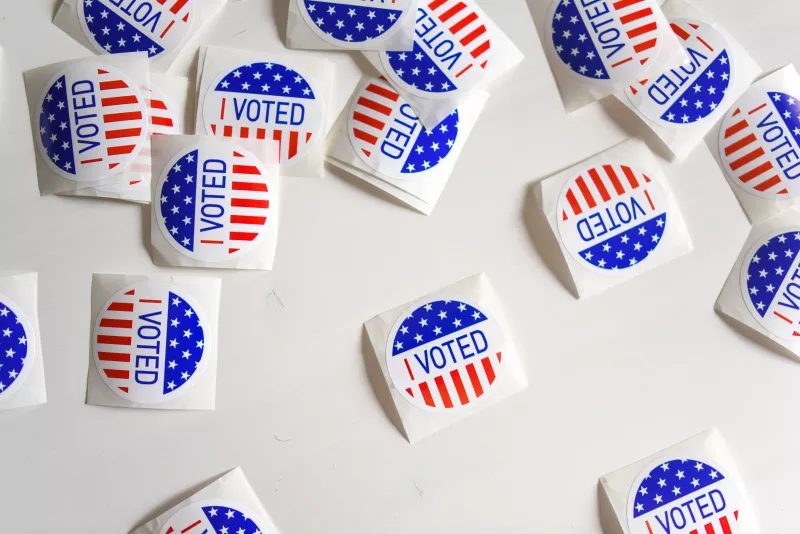Political Polarization
As the U.S. becomes increasingly politically polarized, many blame social media platforms for incentivizing outrage and escalating division. Our experts explore ways to quantify polarization and examine its impact on society.
Academic Research
-
Journal Article
Misinformation Beyond Traditional Feeds: Evidence from a WhatsApp Deactivation Experiment in Brazil
The Journal of Politics, 2025
In most advanced democracies, concerns about the spread of misinformation are typically associated with feed-based social media platforms like Twitter and Facebook. These platforms also account for the vast majority of research on the topic. However, in most of the world, particularly in Global South countries, misinformation often reaches citizens through social media messaging apps, particularly WhatsApp. To fill the resulting gap in the literature, we conducted a multimedia deactivation experiment to test the impact of reducing exposure to potential sources of misinformation on WhatsApp during the weeks leading up to the 2022 Presidential election in Brazil. We find that this intervention significantly reduced participants’ recall of false rumors circulating widely during the election. However, consistent with theories of mass media minimal effects, a short-term change in the information environment did not lead to significant changes in belief accuracy, political polarization, or well-being.
-
Journal Article
Concept-Guided Chain-of-Thought Prompting for Pairwise Comparison Scoring of Texts with Large Language Models
IEEE International Conference on Big Data, 2024
Existing text scoring methods require a large corpus, struggle with short texts, or require hand-labeled data. We develop a text scoring framework that leverages generative large language models (LLMs) to (1) set texts against the backdrop of information from the near-totality of the web and digitized media, and (2) effectively transform pairwise text comparisons from a reasoning problem to a pattern recognition task. Our approach, concept-guided chain-of-thought (CGCoT), utilizes a chain of researcher-designed prompts with an LLM to generate a concept-specific breakdown for each text, akin to guidance provided to human coders. We then pairwise compare breakdowns using an LLM and aggregate answers into a score using a probability model. We apply this approach to better understand speech reflecting aversion to specific political parties on Twitter, a topic that has commanded increasing interest because of its potential contributions to democratic backsliding. We achieve stronger correlations with human judgments than widely used unsupervised text scoring methods like Wordfish. In a supervised setting, besides a small pilot dataset to develop CGCoT prompts, our measures require no additional hand-labeled data and produce predictions on par with RoBERTa-Large fine-tuned on thousands of hand-labeled tweets. This project showcases the potential of combining human expertise and LLMs for scoring tasks.
Reports & Analysis
-
Analysis
Reducing Exposure To Misinformation: Evidence from WhatsApp in Brazil
Deactivating multimedia on WhatsApp in Brazil consistently reduced exposure to online misinformation during the pre-election weeks in 2022, but did not impact whether false news was believed, or reduce polarization.
August 16, 2024
-
Analysis
Which Republicans Are Most Likely to Think the Election Was Stolen?
Those who dislike Democrats and don’t mind white nationalists. That includes plenty of Republicans with college educations.
January 19, 2021
News & Commentary
-
Commentary
Gen Z Is More Progressive Than Millennials, Except in One Crucial Way
The most progressive generation ever? It’s complicated.
January 9, 2026
-
Commentary
The Joe Rogan of the left, right, and center is just … Joe Rogan
A new analysis of podcasts shows that Rogan isn't as MAGA as you think.
December 18, 2025



